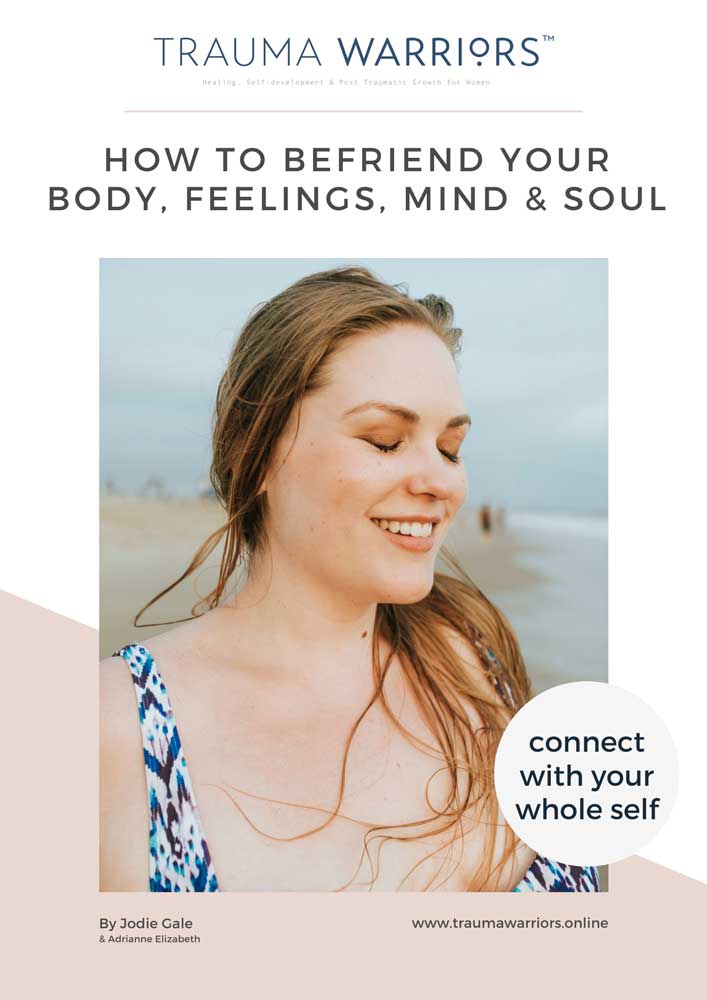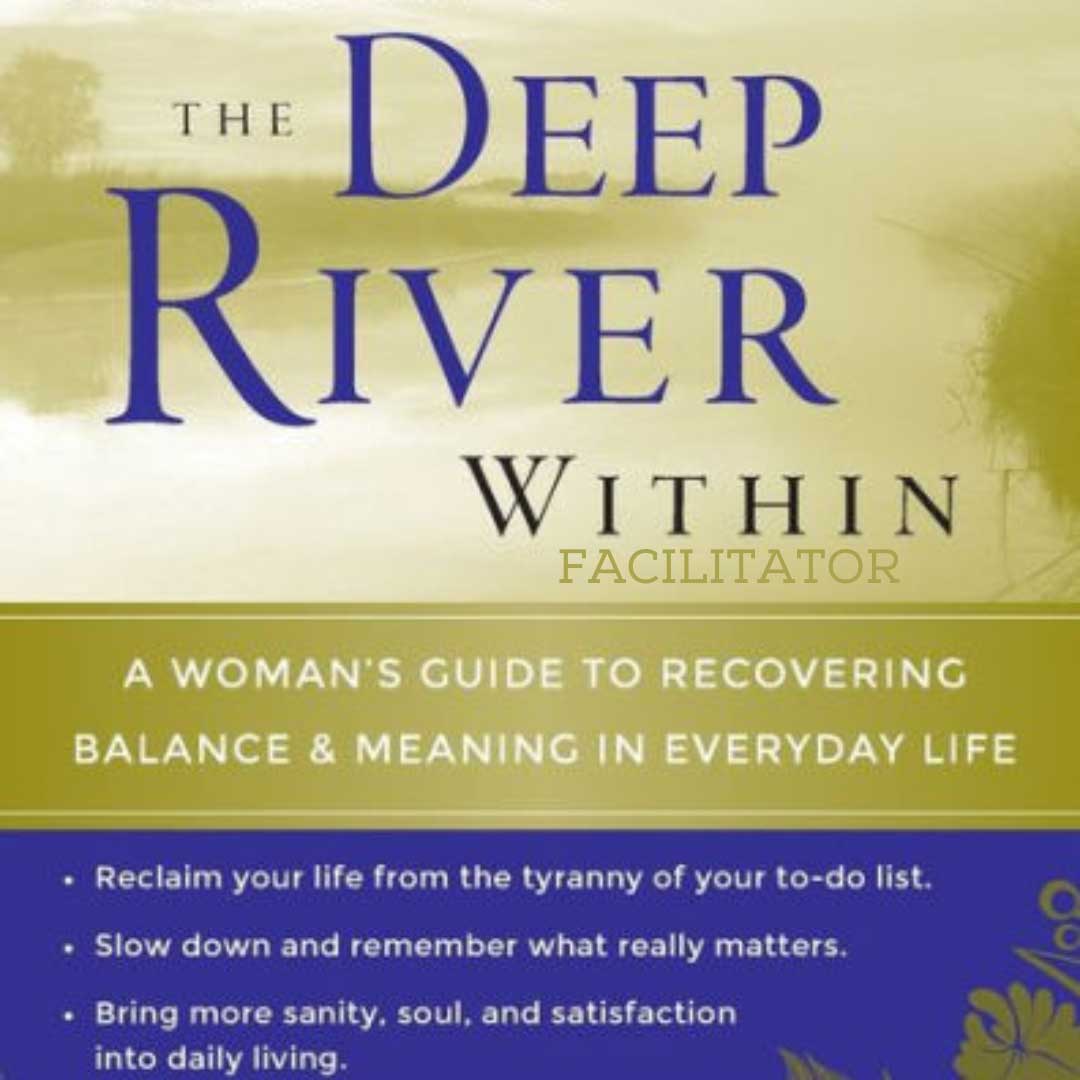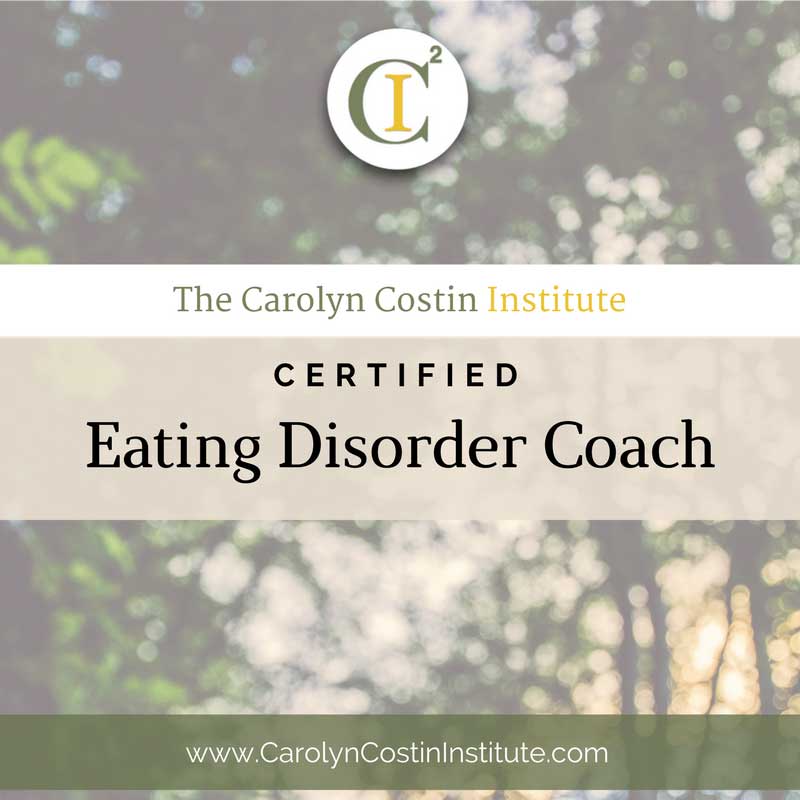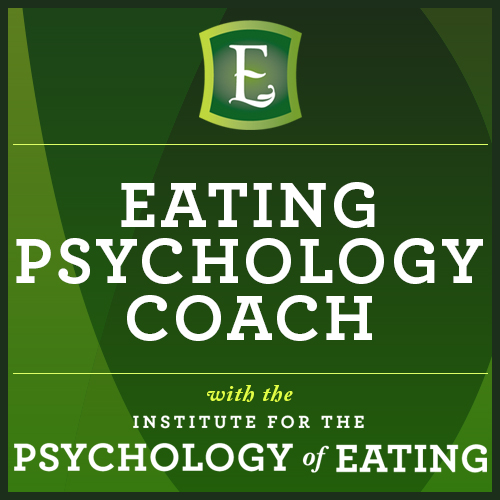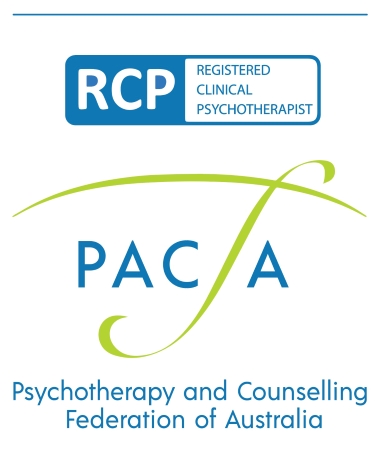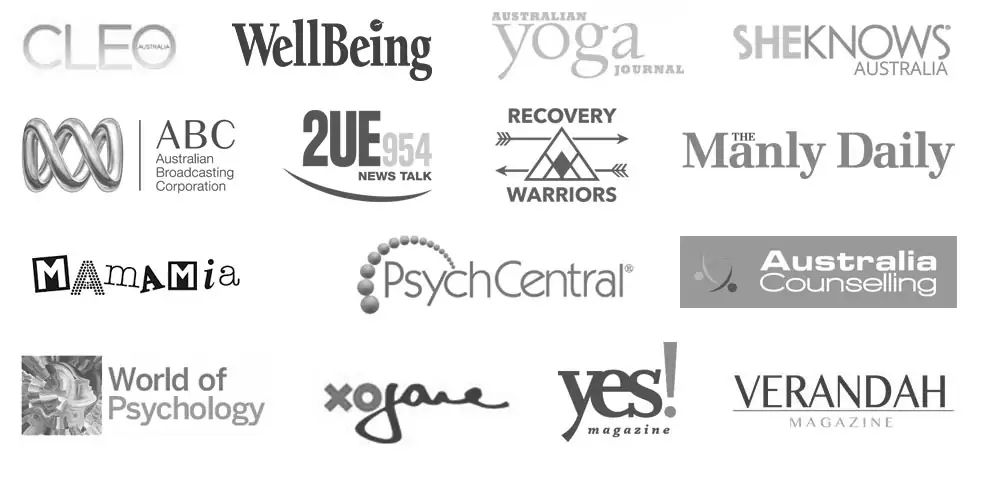Image Credit: Nate Bell
What is Psychotherapeutic Counselling?
If you are just starting out on your search for a counsellor, I have provided you with some information here about psychotherapeutic counselling.
There are two main types of counselling. The first style is supportive, often short to medium term and typically focuses specific concerns using models and techniques from a range of client-centred focused counselling modalities and techniques. The second, is psychotherapeutic counselling, a depth orientated approach which is typically longer term, and akin to psychotherapy.
I recently wrote an article for PACJA about the differences between counselling and psychotherapy, the same could be said for the differences between counselling and psychotherapeutic counselling.
Both counselling and psychotherapeutic counselling focus on the relationship, albeit in a different way,
“Counsellors typically prioritise the therapeutic relationship, often adopting a humanistic approach popularised by Carl Rogers (1951, 1961), the father of humanistic psychology and author of Client-Centered Therapy and On Becoming a Person. Rogers emphasised the significance of the therapeutic relationship in fostering personal growth and psychological healing. He believed that the therapeutic relationship should embody three core conditions, often referred to as the “necessary and sufficient conditions” for therapeutic change: unconditional positive regard, empathy, and congruence. This relationship serves as a supportive and facilitating environment in which clients can explore themselves, gain insight into their experiences, and work towards self-actualisation.
Psychotherapists also start from this premise; however, they also employ the therapeutic relationship in a different manner. While counsellors may notice transference and countertransference, psychotherapists actively engage with these phenomena within the therapeutic relationship—this is known within the psychotherapy field as the psychotherapeutic relationship.” (Jodie Gale 2024)
Psychotherapeutic counsellors are akin to psychotherapists in many ways – they are trained to work in a similar depth-orientated way and the training will have a significant psychodynamic and psychoanalytic component. Because psychotherapeutic counselling entails working at depth with underlying attachment and relational issues, sessions are at least weekly, as they are with psychotherapy. Some people prefer to come more than once a week; this is always a joint decision between the client and the psychotherapeutic counsellor.
The Psychotherapeutic Counselling and Intersubjective Psychotherapy College states,
“Training as a psychotherapeutic counsellor can be a demanding process. Trainees are stretched to understand themselves at a deeper level. They learn and develop cognitive, emotional, attitudinal and behavioural skills. There is particular reference to learning how to establish and maintain the psychotherapeutic counselling relationship that is so important…Psychotherapeutic counsellors who can demonstrate that they have achieved UKCP standards for adult psychotherapy may be permitted to call themselves psychotherapists.”
For those counsellors trained in psychotherapeutically orientated approaches – they are held to extremely high standards, have had rigorous training, extensive clinical supervision and personal psychotherapeutic counselling or psychotherapy for the duration of their training (160 hours of personal therapy). For the safety of those seeking counselling, it is essential for all therapists to have had their own therapy – you can read more about why in my article, Why your therapist should be in therapy.
It is worth noting that the United Kingdom Council for Psychotherapy only allows psychotherapists and psychotherapeutic counsellors to join and they have strict guidelines for doing so.
Not everyone wants or needs psychotherapeutic counselling, but it is important that when they do, it is with someone actually trained in this discipline. If you wish to work with a psychotherapeutic counsellor, make sure they are trained in this style of counselling. Unfortunately, the terms counsellor, psychotherapeutic counsellor and psychotherapist are not regulated so anyone, including training organisations and associations can use the terms incorrectly.





